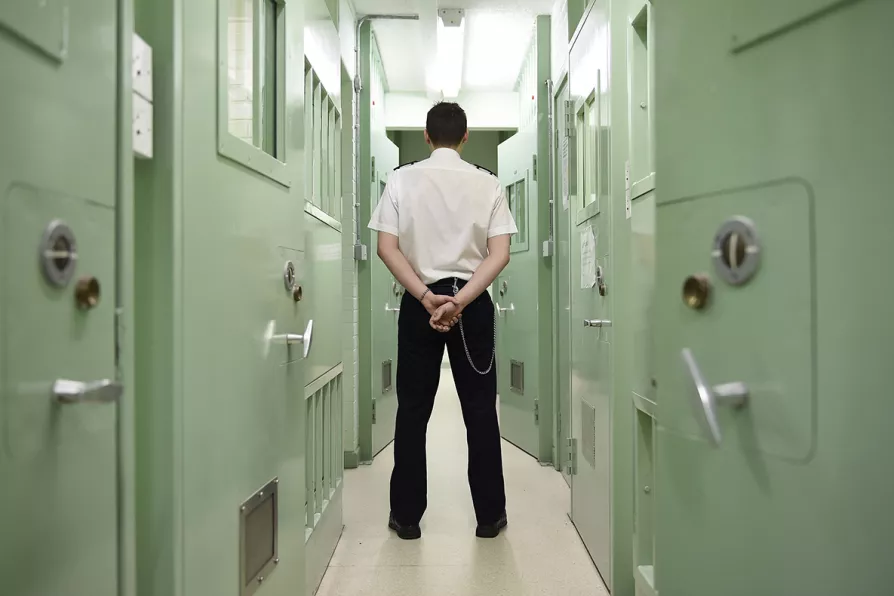There have been penalties for those who looked the other way when Epstein was convicted of child sex offences and decided to maintain relationships with the financier — but not for the British ambassador to Washington, reveals SOLOMON HUGHES
Retraining not reoffending
PHIL BEADLE speaks to former prisoners who found a new start in life thanks to an innovative programme in the prison gym

 A member of staff at Maghaberry Prison
A member of staff at Maghaberry Prison
BRITISH political life in the current moment appears filled with storybook villains and villainesses: a parade of self-interested pantomime dames and asset-strippers.
Thankfully, though, in places people know little about, heroes and heroines also exist, working tirelessly for others.
One such hero is Arthur Furness. Along with accompanying heroines Megan Knowleden and Emma Tustin, Furness, a lecturer at South Gloucestershire and Stroud College, set out to find out why rates of reoffending are so high, why those who have been incarcerated often end up back in the same place. They’ve come up with a solution.
More from this author

PHIL BEADLE traces the impact of marketisation on education, arguing that standardisation and efficiency-driven reforms have crushed creativity and critical thinking in the classroom

Award-winning teacher PHIL BEADLE argues that the way the most authoritarian moves in education, like the bizarre practice of ‘silent corridors,’ are mainly inflicted on working-class pupils has dark overtones of fascistic logic
Similar stories

ANDREW MURRAY reviews studies on the motivations of last August's rioters and dwindling support for 'democracy' in its modern Western incarnation

The government’s quick-fix solution to prison overcrowding is backfiring spectacularly, writes LUKE FLETCHER MS












